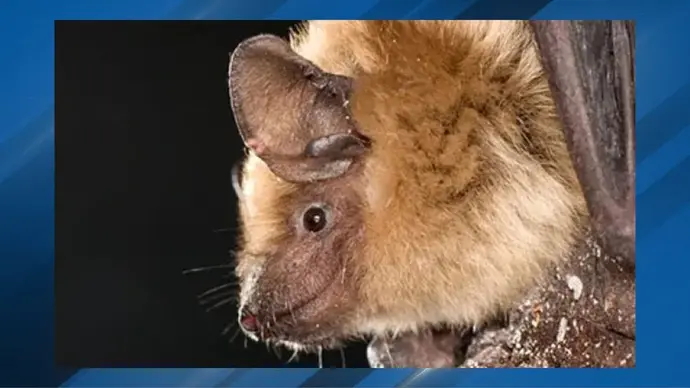T4K3.news
Rabies exposure alert issued
Health agencies reach travelers across states and countries for potential exposure linked to bats in Grand Teton cabins.

Health officials alert hundreds of visitors across many states and countries after bats were found in eight cabins at Grand Teton National Park.
Rabies exposure risk at Grand Teton cabins prompts broad public alert
Health officials say eight linked cabins at Jackson Lake Lodge may have exposed visitors to rabies via bats in the attic. As of Friday, none of the bats tested positive. A handful of dead bats were submitted to the state lab, but officials say that is only a sample from the attic roost. The cabins opened in May for the summer season and about 250 reservations were made through late July, with up to 500 people staying in them. Agencies in 38 states and seven countries are being notified to reach travelers and monitor potential exposure. Health officials also note that the five shot post-exposure prophylaxis is highly effective if given soon after exposure.
Officials say there is no plan to exterminate the bats. Devices fitted to the building are meant to keep bats from reentering after they leave to feed on insects. The cabins have been unoccupied since July 27 when the issue was discovered, and the lodge plans to keep them closed for now. Bats, which are common in Wyoming, typically live in colonies and can bite or scratch in ways that may not be noticed during sleep.
Key Takeaways
"What we’re really concerned about is people who saw bats in their rooms and people who might have had direct contact with a bat"
Dr. Alexia Harrist on who is most at risk
"There’s no way for us to know for certain about every single bat that got into these rooms"
Dr. Curren on data gaps in testing
"Three or four dead bats from the cabins tested negative"
Early lab results from the eight cabins
"The lodge company has done a fantastic job of doing their due diligence of making sure everyone that is coming in for that, and for all other visits this year, are going to be as safe as possible"
Emily Curren on safety measures
This case shows how public health work travels across borders. A precautionary alert aimed at hundreds of people is coordinated through state health departments and the CDC, reflecting the need to act even when early tests are inconclusive. The emphasis on post-exposure treatment underscores how vaccines and medicine can manage risk when dangers are not fully understood. At the same time, keeping bats in the landscape rather than exterminating them highlights the tension between wildlife conservation and visitor safety. The public response will depend on clear, steady information and timely access to medical guidance.
The episode also raises questions about how parks balance safety with wildlife and tourism. Excluding bats from cabins may reduce risk, but it does not remove the broader ecological role bats play. Funding, communication, and coordination across states and countries will shape how quickly and effectively similar alerts are handled in the future.
Highlights
- Precaution travels faster than headlines
- Safe nights in nature depend on clear, quick action
- A quiet attic can trigger a broad safety net
- Public health means acting on every bat sighting
Public health risk from bat exposure
Health officials warn of potential rabies exposure across hundreds of visitors from eight cabins. While tests are not yet positive and the risk is not fully known, authorities urge precaution and rapid medical guidance. The event involves cross-state and international communication and could influence park safety policies and visitor trust.
The real test is how fast information translates into calm, informed travel decisions.
Enjoyed this? Let your friends know!
Related News
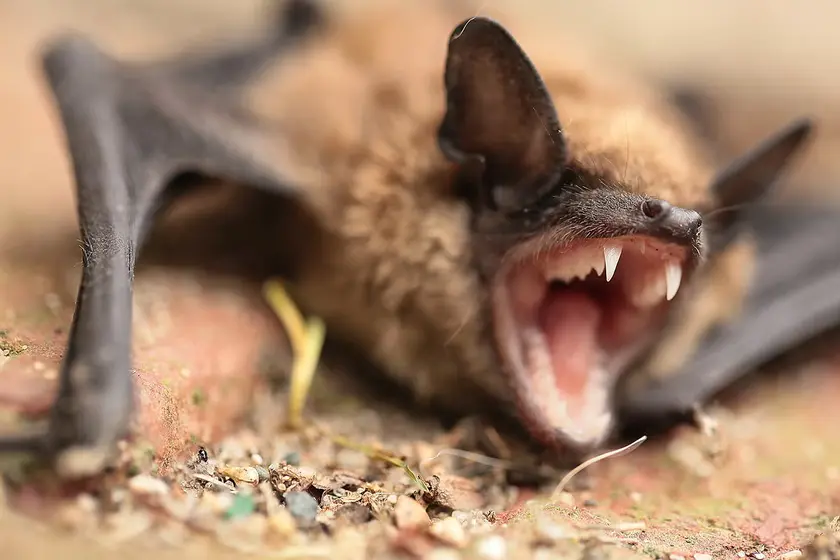
Rabies exposure risk prompts health alert

Rabies risk at Grand Teton cabins
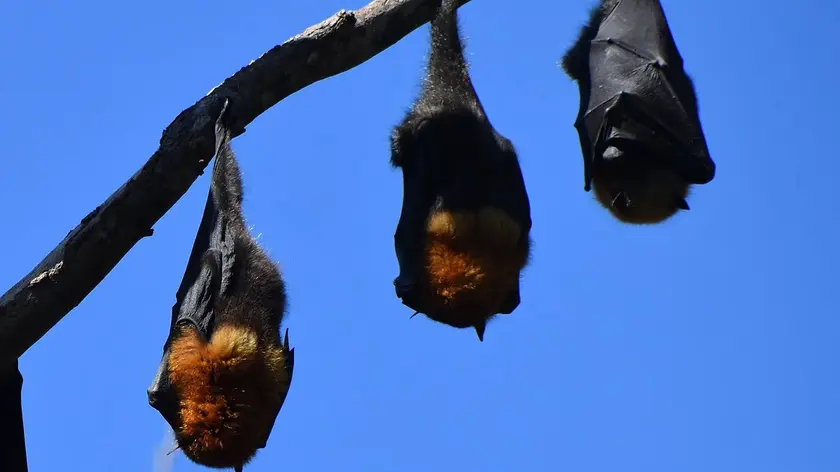
Rabies risk prompts nationwide warnings
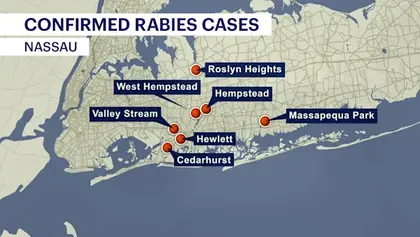
Nassau County issues rabies health alert
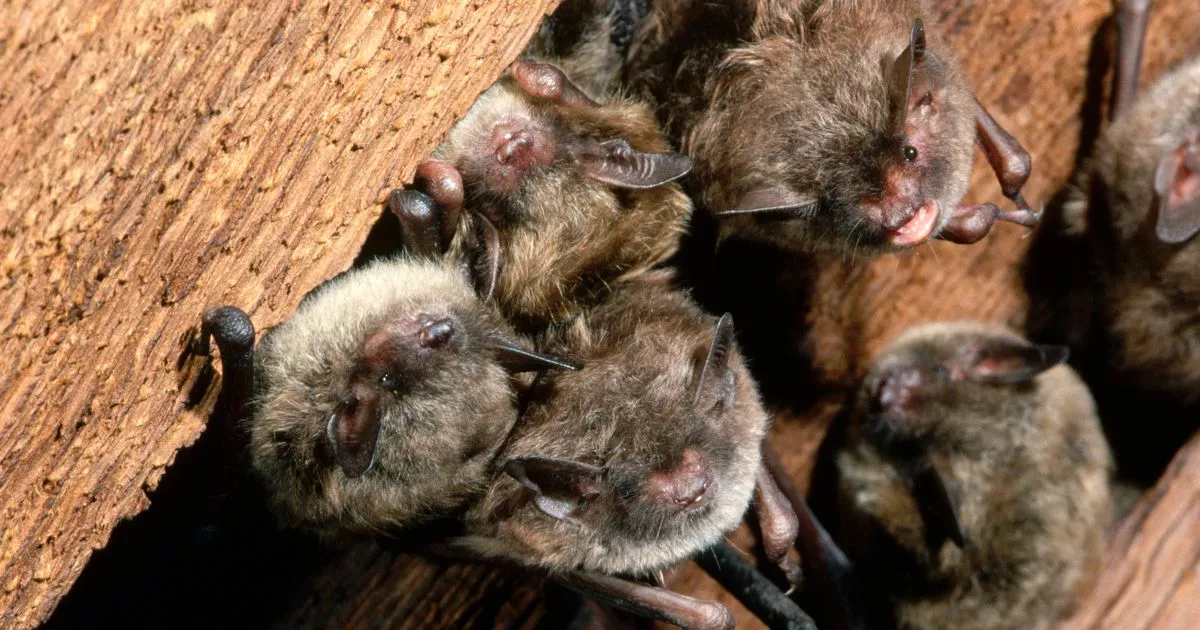
Rabies risk at Grand Teton cabins after bat infestation

Public health alert issued

Rabies risk in Grand Teton cabins

Travel warning for Turkey issued by Foreign Office
